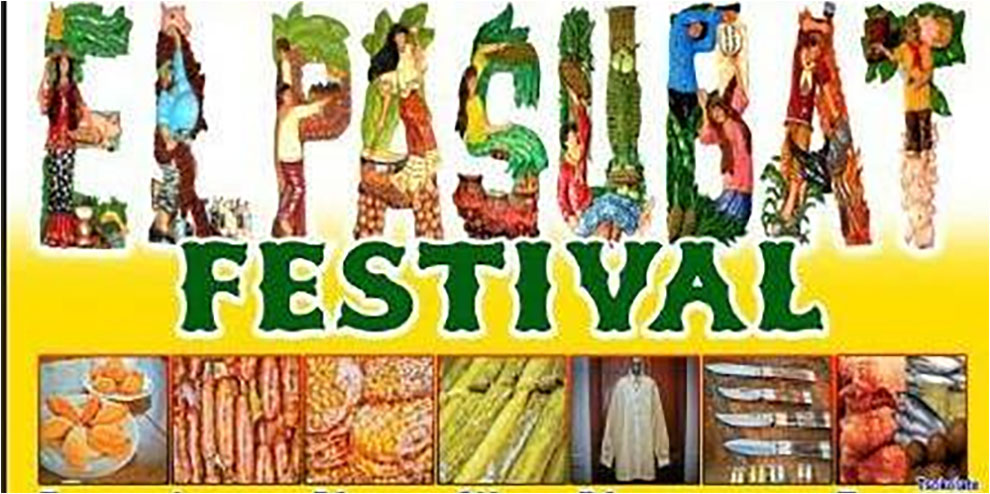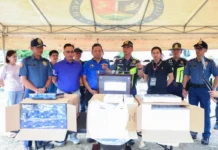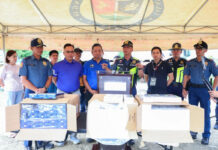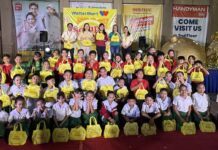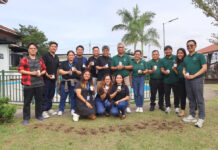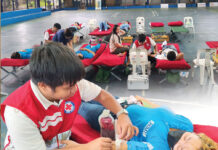FILIPINOS are indeed known for their vibrant and elaborate festivals, often referred to as “fiestas”. These celebrations are deeply ingrained in Filipino culture, serving as expressions of gratitude, unity, and artistic creativity.
The Philippines boasts a wide array of festivals, with over 42,000 major and minor ones celebrated across the archipelago. Many are religious in nature, reflecting the country’s strong Catholic influence, while others celebrate harvests, food, culture, historical events, or local traditions.
In Batangas alone, all cities and municipalities have their own festivals showcasing their products, their culture, history and everything that symbolizes their towns and in everything that they are known for.
Experience Taal
The historical town of Taal, not only known as home to the Basilica of St. Martin of Tours, the biggest Catholic Church is Asia, and to the miraculous image of Our Lady of Caysasay, is also famous for its old ancestral houses. Its poblacion itself is designated as a National Historical Landmark. The town is home to hundreds of heritage structures dating from the Spanish colonial period. Scholars have been pushing for its inclusion in the UNESCO World Heritage List.
The town is also dubbed as the Balisong and Barong Tagalog Capital of the Philippines, and home to one of the festivals that’s gaining popularity over the years – the EL PASUBAT Festival celebrated on the last week of April.
EL PASUBAT Festival is the conglomeration of the trademarks of the town of Taal. EL PASUBAT stands for Empanada, Longganisa, Panutsa, Suman, Balisong, Barong Tagalog, and Tapa — the delicacies and crafts that Taal is known for. [After about a decade of the staging of the original El Pasubat, some other products like Tamales, Tawilis, and Tulingan are also incorporated.]
The festival is known for its street dances, showcasing Taal’s heritage, and its delicious cuisine. El Pasubat aims to keep Filipino heritage alive while incorporating contemporary elements. The festival is a way for Taaleños to take pride in the things that contribute to their municipality’s economic growth and the unity of its people.
Nevertheless, El Pasubat is indeed one grandiose way of highlighting the products of Taal in a celebration made to ignite Taaleños’ pride of the things that contributed to the economic growth of the municipality and the unity that strengthens the people.
Meanwhile, every festival not only symbolizes the town that host it. But it also serve as testament that the products, historical facts and traditions are indeed, driving the people to sustain a living vis-a-viz promoting local tourism.
From this issue onwards, Pahayagang Balikas will be running features promoting sustainable tourism in the countryside.| – BNN Integrated News


